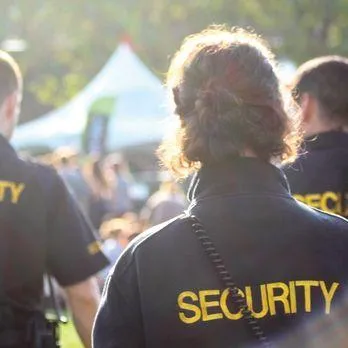404 - PAGE NOT FOUND
The page you're looking for doesn't exist or has been moved.
We’re sorry, but the page you were trying to reach isn’t here.
It might have been removed, renamed, or it never existed.
🔍 Here’s what you can do:
Go back to the Home Page
Visit our Services page to explore what we offer
Contact us at [email protected] if you need assistance
Or try searching for what you need using the site’s navigation

828 North Milford Road , Highland, Michigan 48357
Tel: (800) 828-9181 | Fax: (888) 298-7357
GSA Contract: 47QSMS25D002T
CAGE Code: 7HTE4
PI #: 3701208019
LARA #: 3801207923
FOLLOW US @JBI-SecuritiesLLC
© Copyright 2026. JBI-Securities LLC. All Rights Reserved. Created in ExploreMyPC CRM.





